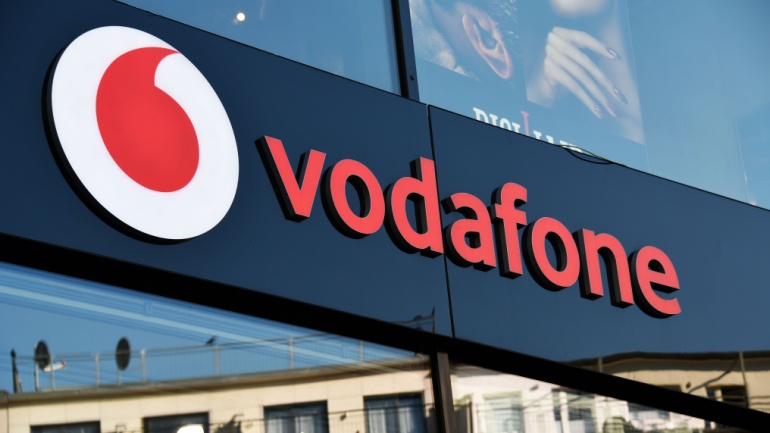President Yoon Suk Yeol recently detailed South Korea’s aggressive moves to establish its supremacy in the global semiconductor sector, including a staggering $6.94 billion commitment to AI by 2027. Amid fierce competition, South Korea’s largest telecom firm, SK Telecom, is paralleling governmental efforts with its own investment in AI firms.
Vodafone Idea is initiating one of India’s largest follow-on public offerings, seeking to amass roughly $2.16 billion. Placing the firm under pressure is its struggle against a decreasing market share and encumbering debt, the result of fierce competition within India’s telecommunications industry. Despite currently being hindered by its financial situation to invest in network enhancements, expectations linger for the telecom’s debut of 5G services by year’s end.
Boldly setting a new trend, British mobile network operator EE introduces a direct ‘pounds and pence’ pricing structure allowing easy-to-understand mid-contract price alterations. Putting an end to the perplexing use of complex indices like CPI or RPI, this simplified approach, commencing from 31 March 2025, has announced certain monthly hikes that resonate with essential consumer electronics and services.
Axiata Group, a Malaysian telecommunications conglomerate, has announced the sale of its towers operations in Myanmar in a deal worth US$150 million with an undisclosed buyer. This decision reflects a growing trend among international telecom giants to exit Myanmar due to the country’s challenging economic and operational environment amidst ongoing civil conflict.
In a significant move, AT&T has pledged an additional $3 billion investment by the end of the decade to address the digital divide in the United States, bringing its total commitment to this cause to $5 billion. This announcement comes as part of the telco’s ongoing efforts to ensure more Americans have access to affordable high-speed internet.
With the looming switch-off of ISDN and PSTN circuits, businesses in the UK will have no choice but to update their phone systems to the cloud before December 2025. This is when the old networks will be turned off. These older networks are being replaced with newer technology, such as VoIP as well as the discontinuation of ISDN and PSTN; broadband lines with a dial tone such as ADSL and FTTC are also being discontinued and replaced with new products such as SOGEA and FTTP (Fiber to the Premise).
Openreach, UK’s primary broadband provider, is proposing legislations that’ll speed up fibre broadband installations in Multi-Dwelling Units (MDUs). This initiative is due to the lengthy authorizations processes, known as wayleaves, resulting in significant cost. However, critics argue this could infringe on property rights.
Vodafone Germany is set to reduce its workforce by 2,000 in the next two years as part of a cunning organizational restructuring strategy. These significant shifts aim to transform the telecom titan into a “simpler, faster, leaner, and more powerful” operation.
In the ongoing geopolitical saga between the US and China, the global supply chain and the semiconductor industry are at the forefront. Both nations’ governmental bodies are ramping up subsidies to stimulate growth in domestic manufacturing and insulate against sanctions.
Serveo and Telefónica Tech are setting a new standard in eco-friendly mobility and road safety, utilizing drones for a novel traffic management approach. These drones, operated by Navalair, offer aerial views to quickly assess traffic incidents and road conditions, thereby enhancing support to accident victims and expediting response times.













